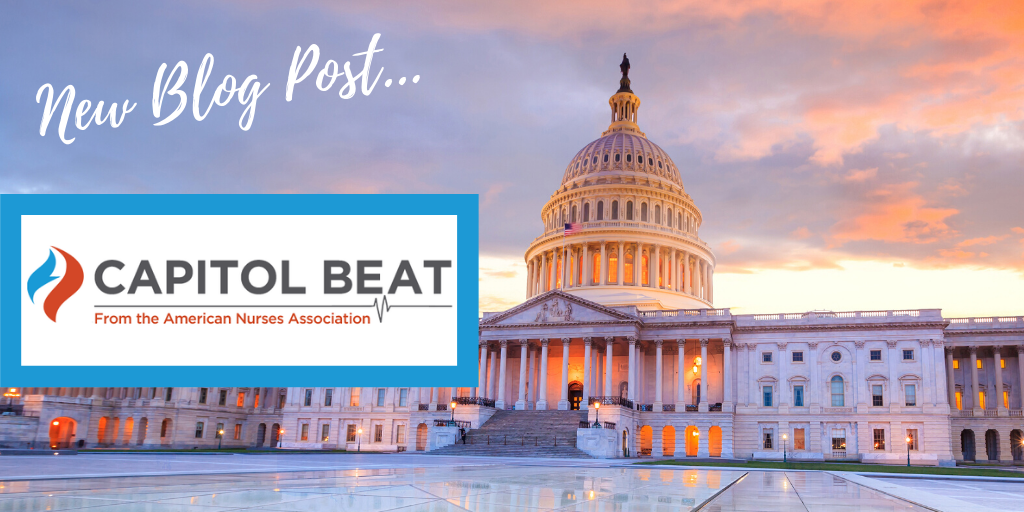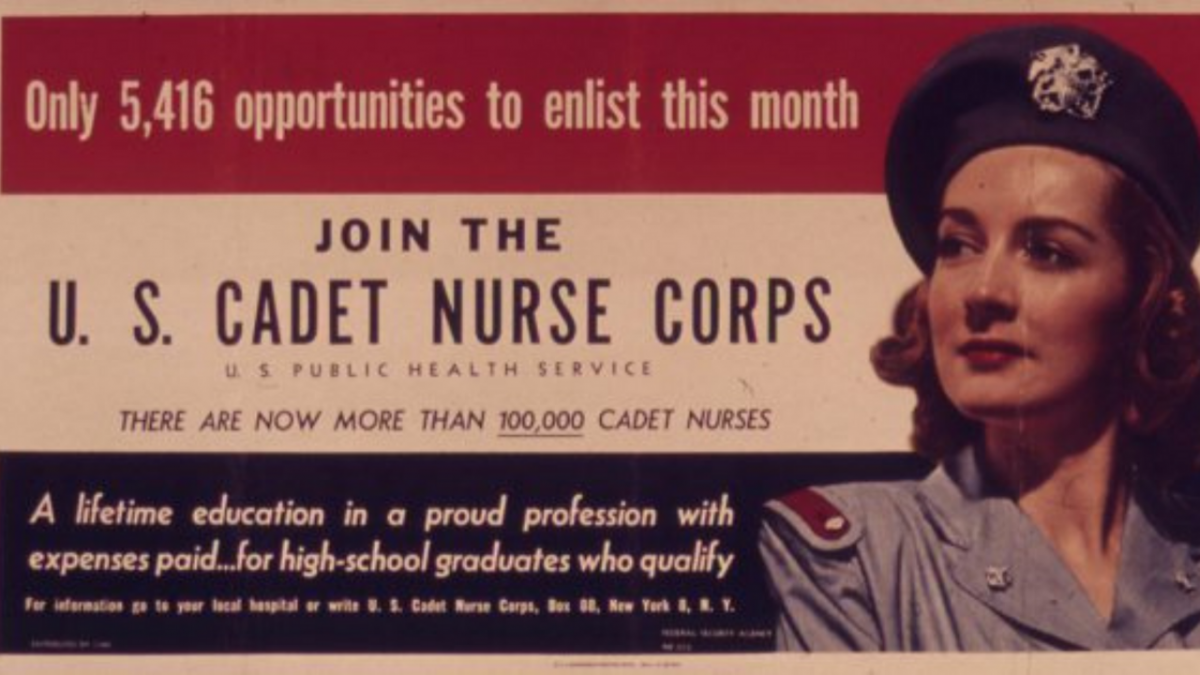
The American Nurses Association (ANA) has been hearing plenty from working nurses around the country that they deserve a better work environment in which to provide care to their patients. A common refrain, especially in the most recent year of COVID-19, is that their health care institutions are not doing enough to confront workplace violence. As tensions have escalated during the pandemic, so too have the reports of bullying and assaults against nurses. Frustrations about the health care system, along with decreased staffing levels, very sick patients, and visitor restrictions, have contributed to this epidemic of violence in health care.
Yet violence on the job is not a new concern for nurses. According to the 2019–2020 survey of 6,000 nurses, conducted by ANA’s Healthy Nurse, Healthy Nation, violence and bullying at work are two of the top 12 hazards that nurses consider a significant risk in the workplace. That year, 23 percent of nurses said they experienced verbal or nonverbal aggression from a person of authority, 31 percent experienced verbal or nonverbal aggression from a peer, and 35 percent were verbally and/or physically threatened by a patient or patient’s family member. The US Department of Labor indicates that the rate of serious workplace violence incidents (those requiring days off to recuperate) was more than four times higher in health care than in private industry between 2002 and 2012. However, due in part to under-reporting, rates and incidents of workplace violence in health care are difficult to track.
Given this dismal history, there is no reason to expect that workplace violence against health care personnel will go away when the pandemic recedes from their daily lives. That is, unless institutions make ending workplace violence a priority by ensuring accurate reporting, and implementing effective programs to reduce violence and supporttheir staff.
Fortunately, health care leaders at the national level are taking note of the negative impact of violence on health care quality and patient safety. For the first time, beginning this year, the Joint Commission (JC) will examine hospital safety under new violence prevention standards. In a June 2021 publication about the new standard, the JC said, “Exposure to workplace violence can impair effective patient care and lead to psychological distress, job dissatisfaction, absenteeism, high turnover, and higher costs.”
Hospitals are now required to have workplace-focused violence prevention programs, including reporting systems, data review, incident follow-up, and employee training. The language of the standards is general. To expand on the new expectations, the JC offers a Compendium of tools and resources to guide hospitals toward meeting the standards.
ANA supports the JC’s efforts, and encourages hospital-based nurses to learn more about how their institutions are responding to the new standards. Some questions to ask include:
- Are nurses and other healthcare personnel taking part in developing workplace violence prevention programs?
- What will leaders do to promote a culture where all personnel are comfortable reporting assaults and threats?
- How can nurses have input into the design of training and education about workplace violence prevention?
- How will the institution measure progress in reducing incidents of workplace violence?
ANA also supports policies to hold all health care employers accountable if they do not take steps to prevent workplace violence. Congress and the Occupational Safety and Health Administration (OSHA) are working on solutions at the federal level. ANA strongly supports these efforts, and encourages nurses to advocate for policy changes.


